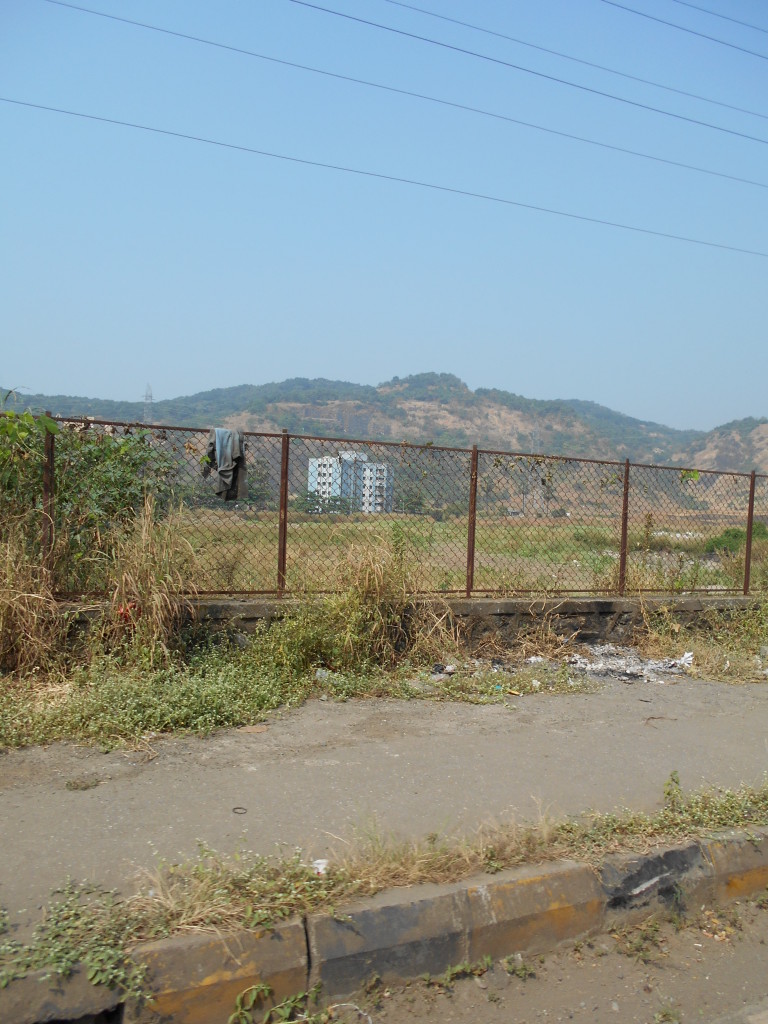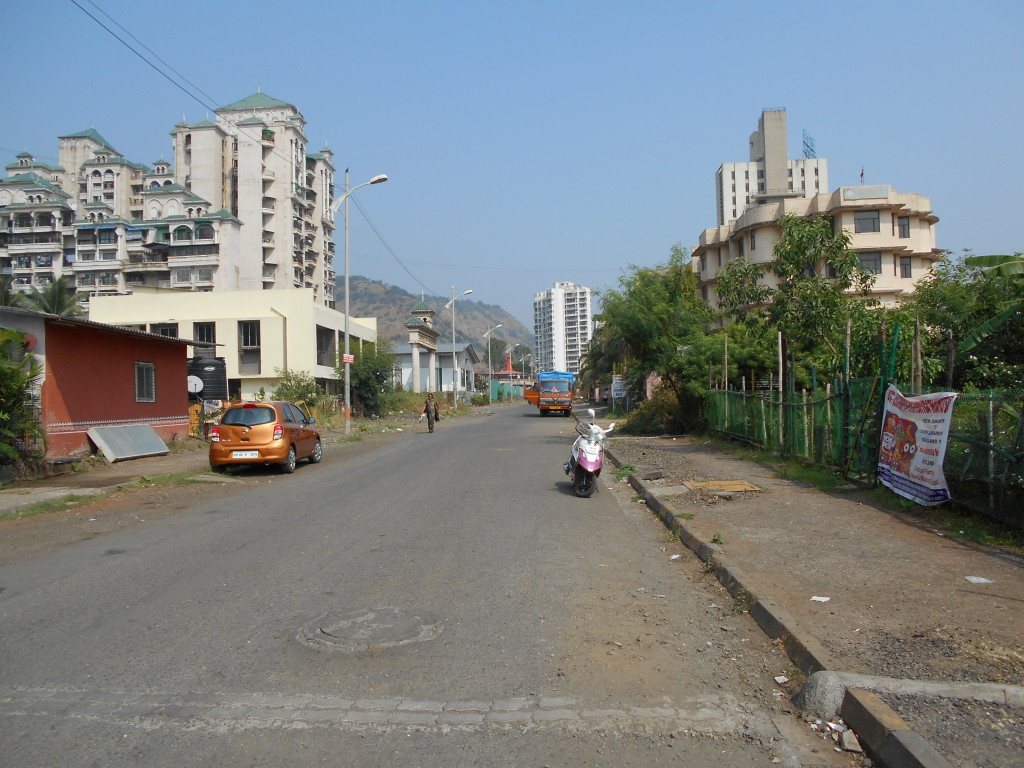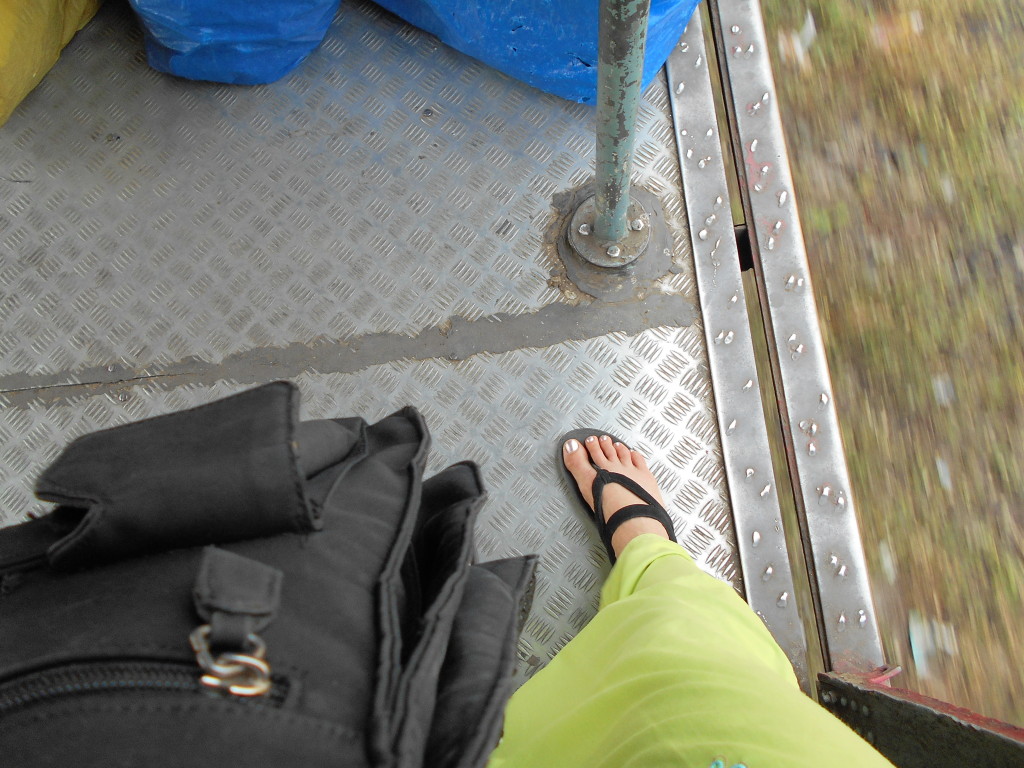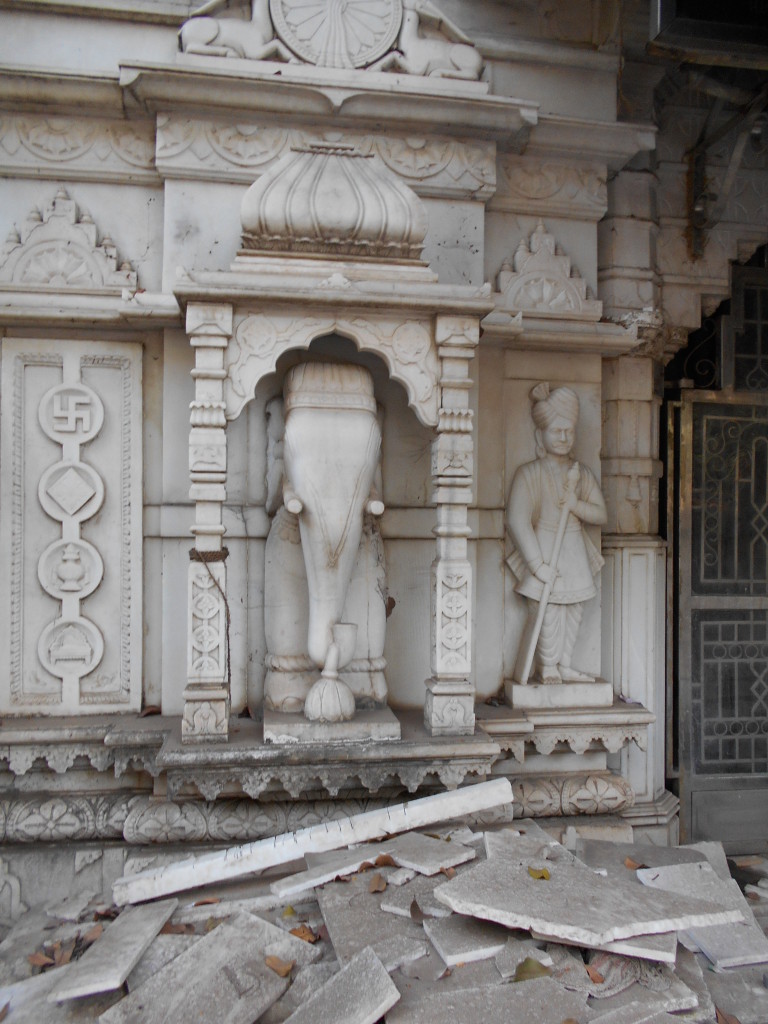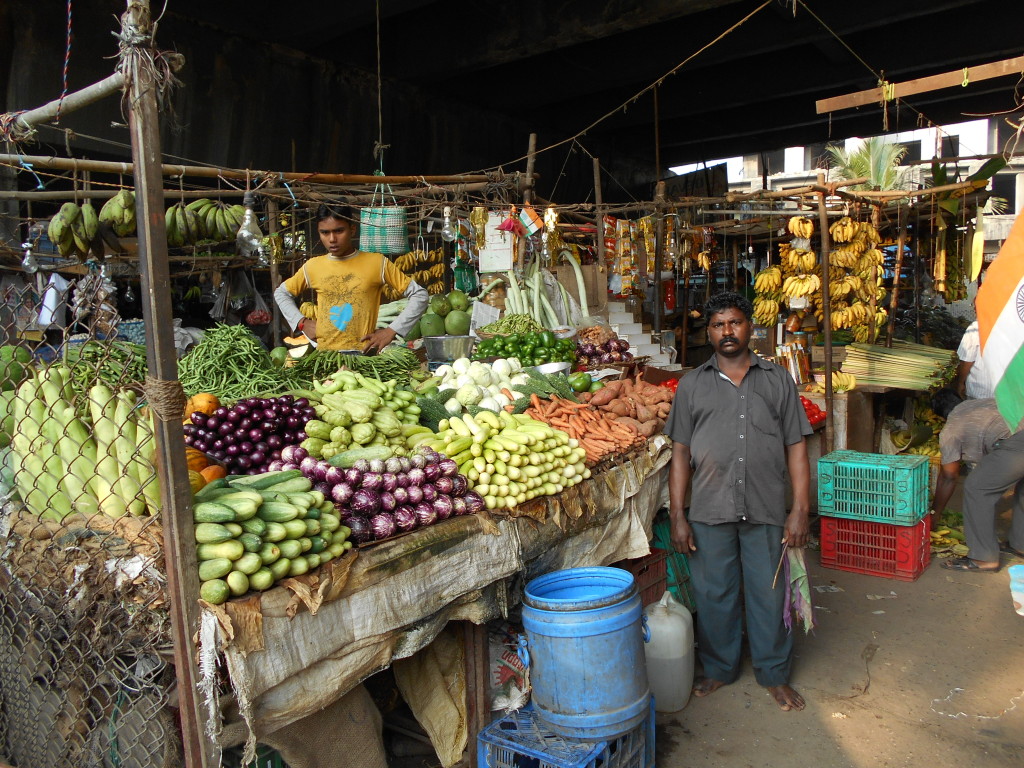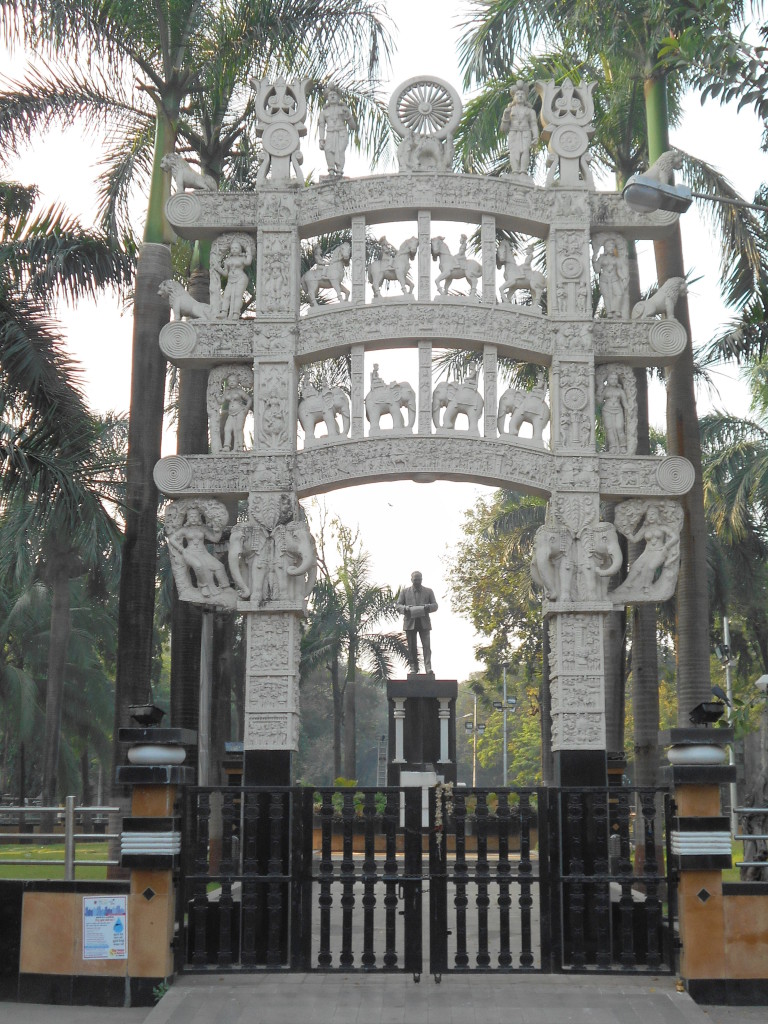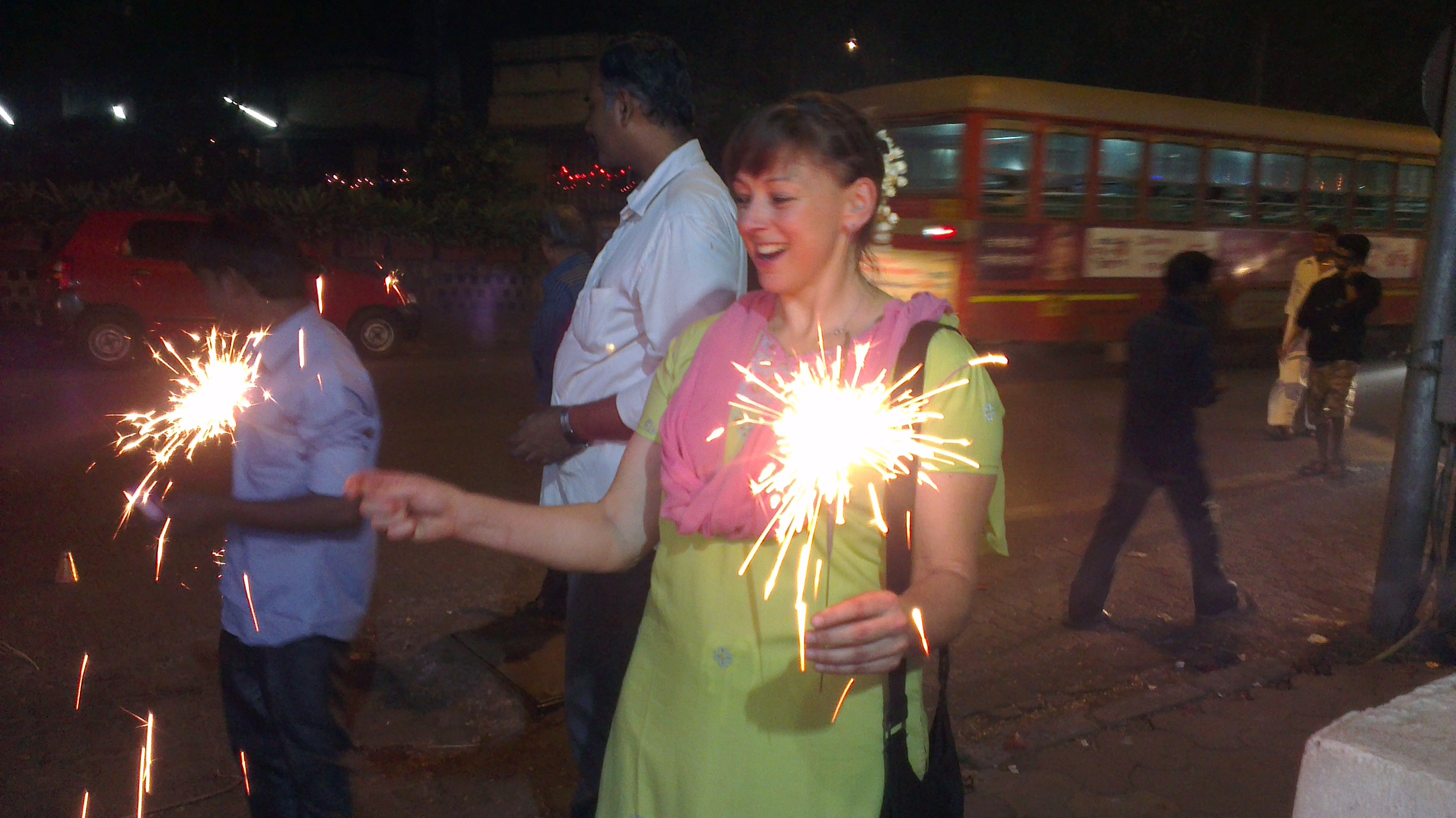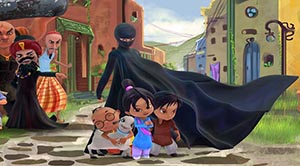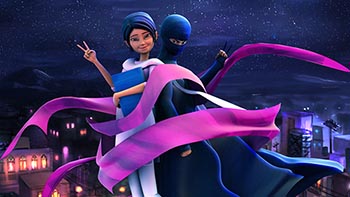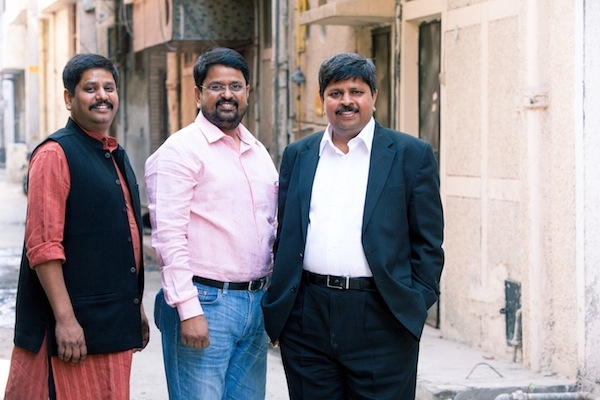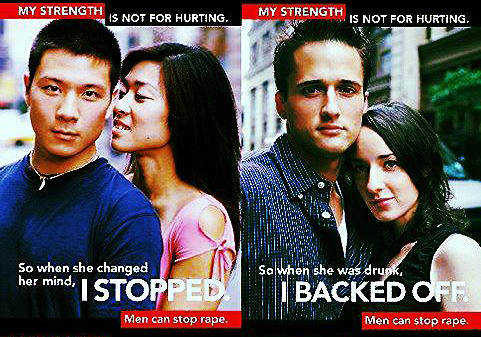Switch
December 23rd, 2013 at 3:41 pm (Uncategorized)
“A switch gets flipped,” is how I have tried to describe what happens when a woman hits a pad for the very first time. Before hitting the solid black surface, there is uncertainty and second guessing. A girl’s eyes say it all: Will I hurt myself? Will I do it right? What happens if I do it wrong? What am I suppose to feel? Will I be laughed at? If I do this, will I fit in? Anxiety taints the air of every first class I have ever taught. Feet shuffle. Nervous laughter and chatter arise. And always the questioning in the eyes, some dark bottomless pools and others impossible shades of blue green, as they dart from the demonstration of the technique to their friend to the other girls around them for answers, security, support.
I look into those eyes, each and every pair as they approach the pad for the first time. I am checking to see the level of anxiety, to see if asking this particular girl to strike the pad is asking too much. Sometimes it is.
There is one girl at Sarai Kale Khan in particular where it is apparent that she has experienced something deep and paralyzing. She has had difficulty in doing simple jumping jacks and jogging. She comes to three classes, and then stops. Sad reality: we cannot reach her, and her switch remains un-flipped.
But for every one we can’t reach, there are literally hundreds of other girls on this trip whose switch does get thrown. They come to the pad, adrenaline rushing, checking my cues, processing my broken hindi for instruction and then my ‘Go!’ and they strike. A muffled ‘whack’ bursts from the impact, and a visceral spark ignites and lights the young face. The switch is thrown. They have just experienced an undeniable sense of their own power, a physical power in executing the technique for sure, but also a mental power in being presented with something scary and new, but pushing themselves to breach their mental barriers. There is no going back to before hitting the pad. They have felt their power; they can not un-feel that. It is a small win, this switch being flipped, but a win nonetheless in an environment where focusing on day-to-day survival makes such wins a luxury more rare than gold.
